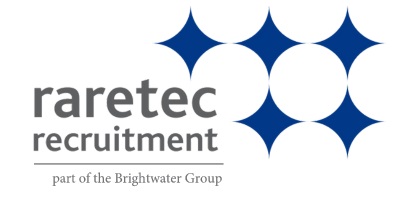Interviews can be a scary process for students and new graduates especially if it’s your first professional interview. The key to success is directly related to a combination of preparing thoroughly and to the strength of your communications skills.
So how can you prepare for a junior interview? We have put some tips below but if you are a graduate actuary or a student actuary and you need a bit of help preparing for an interview then do give us a call at 015311400 and we are only too happy to help you.
Here are some tips to help you.
Preparing for the interview
Read over the job description to understand what the company is looking for – e.g. experience, behaviors, IT skills, etc. Compare what the job description is looking for to your own qualifications and experience. Think about why this role interests you and what skills you can bring to this role. Practice talking about your experience out loud.
Research the company – i.e. What do they do? What products do they sell, who are their competitors? Look up their web site and become familiar with their culture. Have a scan on-line regarding any announcements or any reason they may have been in the news recently.
Nearly all interviews start with the interviewer wanting to run through your cv with you. They may phrase it as “tell us about yourself” or “walk us through your CV” or such like phrases. You should have a 4-5-minute response prepared for this. Start from when you discovered your talent for Maths and how you decided to go down the actuarial track. Then take them through your academic and work experience, where relevant, in chronological order ending with your current situation. Don’t forget to mention your achievements as you go along and be clear about what you are looking for now.
Once they have been through your background your interview panel may then aske you a few competency based questions. Its important to understand how this method of interviewing works and you can and should prepare in advance for these questions.
Competency based interview questions
Competency based questions are a method of interview which works on the basis that past performance dictates future success. This means that the interviewers will look for evidence in your academic, professional or personal life (sport, volunteering, etc.) where you have demonstrated the skills required in the role that you are applying for.
A good way of answering these questions is using the STAR method – Situation, Task, Action and Result:
- State the problem or context of a situation
- What Tasks were needed to address the problem
- Show what Actions you took
- Explain the Result of the action that you took.
If you read the job description you should be able to work out which competencies the interviewers will be looking for. Sometimes they are listed as competencies. If they are not there, then reading through the duties should also give you an indication or what the company will be looking for.
You should practice your examples out loud almost as you would a presentation so that you come across competent and confident of your abilities.
Prepare Your Own Questions
An interview is a two-way process and the interview is your opportunity to find out more about the position and company. Towards the end of the interview, you will likely be asked if you have any questions and it is always good to have a few prepared. If the interviewer has already answered your questions in their description of the role then let them know that.
Before attending the interview:
Make sure you know the address and exactly where you are going. Give yourself plenty of time to arrive but don’t report to reception till about 10 minutes before the interview time.
Know who you will be meeting and their position within the company. You might even want to look at their LinkedIn profile to get a better idea of their background.
Pick out and prepare your interview outfit. Polish your shoes, ensure your clothes are clean and properly ironed, etc. Dressing well can increase your confidence while also enhancing your professional image.
One last thing that applicants tend to forget is that your interview panel want you to succeed. If you prepare properly it can be a positive experience. You may not get your first interview, and this would be completely normal. You will improve your interview skills as you go through the process several times.
We are always happy to help you at Raretec so feel free to give us a call on 01-5311400.
